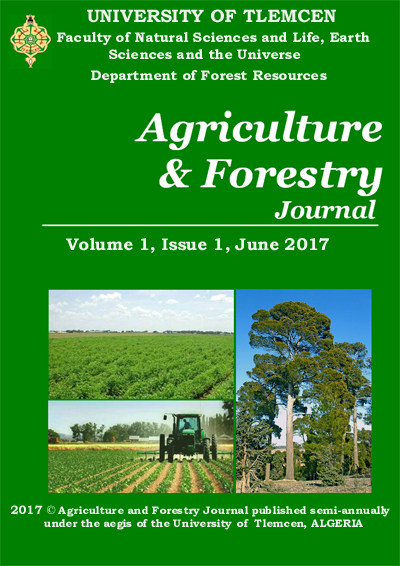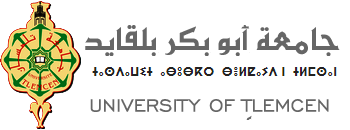Factors affecting in vitro micropropagation of Pistachio (Pistacia vera L.)
Keywords:
Pistacia vera, In vitro micropropagation, Sterilizing agent, Media, Shoot proliferation, Ex vitro rooting, Acclimatization.Abstract
The factors that influence in vitro micropropagation of Pistacia vera were investigated. A variety of sterilization or disinfection procedures can be used. However, sodium hypochlorite was more conducive to rosette development of P. vera. On the other hand, the initiation of Pistachio micropropagation using buds or nodal segments from adult field-grown plants is difficult because of the rapid oxidation of tissues after plating. This problem was minimized to a great extent with successive subcultures in new media. Furthermore, the explant should be obtained at the suitable physiological stage of development. The best results were recorded with nodal segments taken in full growth (spring). Also, the use of explants from juvenile material (seedling) improves the results.
Shoot proliferation medium containing cytokinin alone or in combination with an auxin is necessary. Our results demonstrated that meta-topolin (mT) was suitable for effective in vitro proliferation of axillary shoots. In vitro shoots can be rooted easily ex vitro. The use of ex vitro rooting technique for root development in the large-scale commercial production of plantlets seems to be a more appropriate method compared to in vitro rooting.









